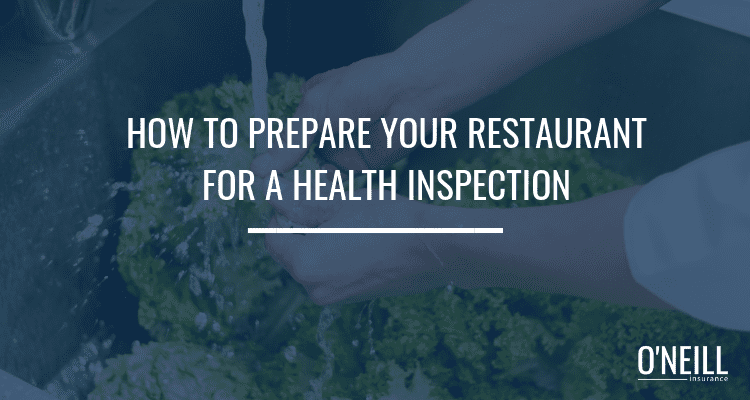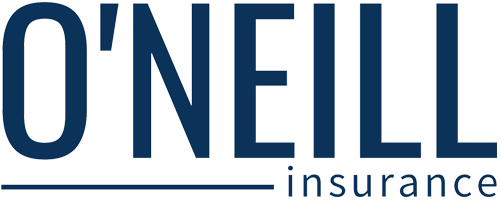
Ensuring that your restaurant is clean and serves fresh, safe food to patrons is your greatest responsibility.
…and restaurant health inspection is one way for your restaurant to learn how to best uphold this responsibility.
To observe you when you’re running operations as you normally would, inspectors often show up, unannounced for an impromptu restaurant inspection.
Many, in fact, are performed during busy restaurant hours so inspectors can have an accurate view of how your food is typically prepared at your restaurant.
There’s several ways you can effectively prepare your restaurant to make the best of these inspections.
Before your Restaurant Inspection
Preparation pays dividends.
Being prepared for a restaurant health inspection means understanding your city and state’s public health codes as you are preparing the restaurant to open for customers and at all times during operation.
Here’s a few ways to become familiar with Ohio’s codes with which you must comply:
-
Consider joining the Ohio Restaurant Association
-
Check Ohio’s online resources regarding food safety rules
-
Refer to the U.S. Food and Drug Administration’s Model Food Code. This set of guidelines provides a list of best practices for keeping restaurants free from foodborne illnesses, and serves as a guide for the development of state and local regulations.
-
Perform regular, self-inspections at your restaurant. Use the same form your health department does (or a similar one) and put yourself in the inspector’s role. Establish a regular time-frame in which you’ll perform these inspections.
Here’s a few typical things to consider when self-inspecting your restaurants:
-
How are foods cooked, cooled and reheated?
-
How often and in what way are temperatures recorded? Are thermometers functional?
-
How are potentially hazardous raw foods prepared and served?
-
How do you handle leftovers?
-
What is your food labeling process?
-
Where and how is food washed and prepped?
-
What is your hand washing and glove use policy?
-
When, how and by whom is equipment cleaned and sanitized?
-
What is the process for training new employees?
What to do During Your Restaurant Inspection
During your restaurant health inspection, it’s important to maintain a cooperative, professional and open attitude.
Establishing a good relationship with your local health inspectors is fundamental:
-
Cordially greet your health inspector. Politely ask to see their credentials.
-
Join the restaurant health inspector as they tour your facility. Think of the health inspector as an opportunity to prevent foodborne illness at your restaurant.
-
If you’re not able to tour with your health inspector, assign a manager or staff member to take your place.
-
Never argue or be defensive with your health inspector.
-
Never offer favors or food to your health inspector.
-
If you’re written up for any violations, make sure you understand what they are and how to correct them. Ask your health inspector to suggest ways to fix the issue.
What to do After Your Restaurant Inspection
The information gained from your health inspector is extremely valuable. It’s important to maximize the knowledge you gain during inspections by relaying it to staff and incorporating it into your day-to-day activities:
-
Hold a 10-minute meeting with kitchen staff after the restaurant inspection, emphasizing the importance of maintaining health standards. Add your own management guidelines to make your argument more authoritative.
-
Make staff participants in the conversation. Ask for questions and suggestions.
-
Continue to perform regular self-inspections at your restaurant, taking into account the inspector’s advice and findings.
Proper food preparation is not a matter of complying with the law – it also means avoiding disastrous foodborne illness originating at your restaurant.
Consider your restaurant health inspector as an ally in preventing unsafe practices in the workplace that could heighten your risk.
Restaurant Health Inspection Checklist
Audit your health and safety program, identify probable areas of loss and contain costs with regularly scheduled inspections with this comprehensive safety and health inspection checklist:
{{cta(‘e52b7d1a-daed-4fb7-9ea4-03a84e0108a8′,’justifyleft’)}}
Risk Management and Insurance for your Restaurant Business
Interested in receiving more Risk Management tips for your restaurant? My name is Pat O’Neill and I’m a food and agribusiness specialist at O’Neill Insurance, a risk management and insurance firm in Wadsworth, Ohio. We offer food businesses across the nation tailored risk management strategies that not only provides safe practices for their restaurant, but also may help reduce their insurance premiums.
For more information, call me at (330) 331-7960 or email me at ptoneill@oneillinsurance.com
Components of this article were adapted from Zywave. This is not intended to be exhaustive nor should any discussion or opinions be construed as legal advice. Readers should contact legal counsel or an insurance professional for appropriate advice.

